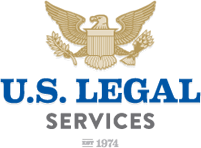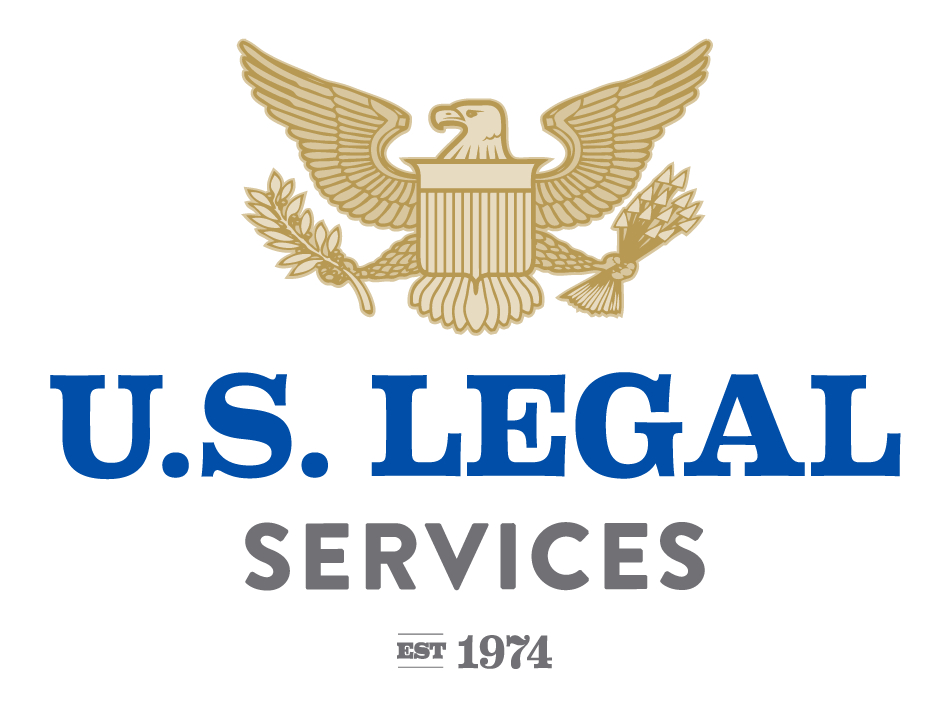
Life Events That Can Lead to Identity Theft
On September 7, 2017, Equifax, Inc.—a consumer credit reporting agency that aggregates sensitive personal information from more than 800 million people and more than 88 million businesses—reported a significant breach of its data. This breach was so significant that it compromised sensitive data from more than 145 million people, the largest such breach in history.
The breach apparently occurred between mid-May and late July and, since that time, Equifax’s chief executive officer, chief information officer and chief security officer left the company. This breach has led to multiple investigations by federal and state agencies, including a criminal one by the U.S. Department of Justice.
If that wasn’t troubling enough, Equifax needed to take down a customer help page on October 12 because of another potential cyber breach. Some visitors to the page were shown fake Adobe Flash updates that, if clicked upon, would load their computers with malware. You can find more information about the latest breach concerns. The bottom line, though, is that no matter how serious this latest cyberattack turns out to be, more than 145 million people are already at greater risk for identity theft. These numbers might include you, and almost surely includes some of your employees.
In addition to high-level breaches, garden-variety life events can also lead to identity theft, and the effects are no less damaging. These life events include when your wallet or purse is stolen, and/or when bank statements, tax documents and the like are stolen or delivered to the wrong address. Personal information can be swiped from ATM machines or “phished” online through phony emails, websites or text messages that are set up to steal information. And, as much as people hate to think of this possibility, personnel files at work contain plenty of sensitive information that could be used to steal someone else’s identity.
Impact of Identity Theft
If you become a victim of identity theft, it can negatively impact your credit rating and make it more difficult to obtain a home mortgage loan, a car loan, or a credit card. And, tax return fraud is becoming increasingly more common. Could you afford to not receive the tax refund that was owed to you?
If someone took over your social media accounts and posted negative information, what would that do to your reputation and personal relationships? What if you needed to rent a new apartment, but your credit check didn’t pass muster because of an identity theft issue? Unfortunately, this is a still an incomplete list of the negative impact of identity theft and the concern is rising.
Identity Theft Protection for Your Employees
To protect you and your employees from the negative consequences of this growing type of fraud, we have created the Identity Defender™. With the Identity Defender, you will have access to fraud resolution services from the inception of a fraud-related emergency. Advisors are trained to evaluate the situation and what steps to take to resolve the problem.
If you have questions about identity theft protection with U.S. Legal Services, you can email us at [email protected] or call us at 1-800-356-LAWS (5297).




